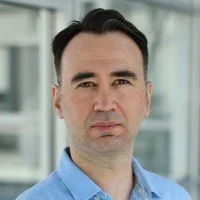Short Course - Organic Bioelectronics
Tuesday 20 February 2024
Cripps Court Conference Centre, Magdalene College, Cambridge, UK
COURSE FOCUS
Bioelectronics is the interdisciplinary field which integrates biological systems and electronic devices to offer diagnostic and therapeutic solutions. With its origins dating back to the 18th century and the famous Galvani’s experiments with the detached twitching frog legs, a plethora of bioelectronic devices is today available offering elegant ways to monitor and treat diseases. These devices include pacemakers and defibrillators to correct or prevent arrhythmias, cochlear implants to simulate the sense of hearing and biosensors, such as glucose monitoring devices for diabetics. In this course, we will learn what bioelectronics is and why it holds so much promise for meeting today's unmet medical needs. We will particularly focus on organics, a class of materials extremely suitable for the fabrication of state-of-the-art bioelectronic devices. In this context, we will understand why conducting polymers’ unique set of features allowed them to enter the world of bioelectronics, giving rise to the era of Organic Bioelectronics.
COURSE OUTLINE
Tuesday 20 February 2024
08:30 – 09:00 Registration
09:00 Course begins
Introduction to bioelectronics
Organic materials
Organic bioelectronic devices (conducting polymer electrodes, OFETs, OECTs) and their fabrication approaches
Organic bioelectronic devices applications (e.g., electrophysiology, biosensing, bioelectronic medicine)
12:30 Course ends
COURSE LEADER
Dr Dimitrios A. Koutsouras, Physics Researcher Implantable Therapeutics
IMEC, The Netherlands
Dimitrios Koutsouras is a Physics Researcher in Implantable Therapeutics at IMEC-NL, in Eindhoven (The Netherlands). He received a BS in Physics and a second one in Pharmacy from Aristotle University of Thessaloniki (Greece), and a MSc in Materials Physics from the same university. He then obtained a PhD in Organic Bioelectronics from École des Mines de Saint-Etienne in Gardanne (France), before moving to Mainz (Germany) to work as a postdoctoral researcher at the Max Planck Institute for Polymer Research (MPIP). At MPIP he worked on conducting polymer devices for biosensing, biomedical and pharmaceutical applications. At IMEC-NL, his research is focused on bioelectronic devices for improved biomedical solutions. In particular, he is interested in the design, (micro)fabrication and clinical translation of multimodal bioelectronic devices with biosensing, stimulating and therapeutic functions.


